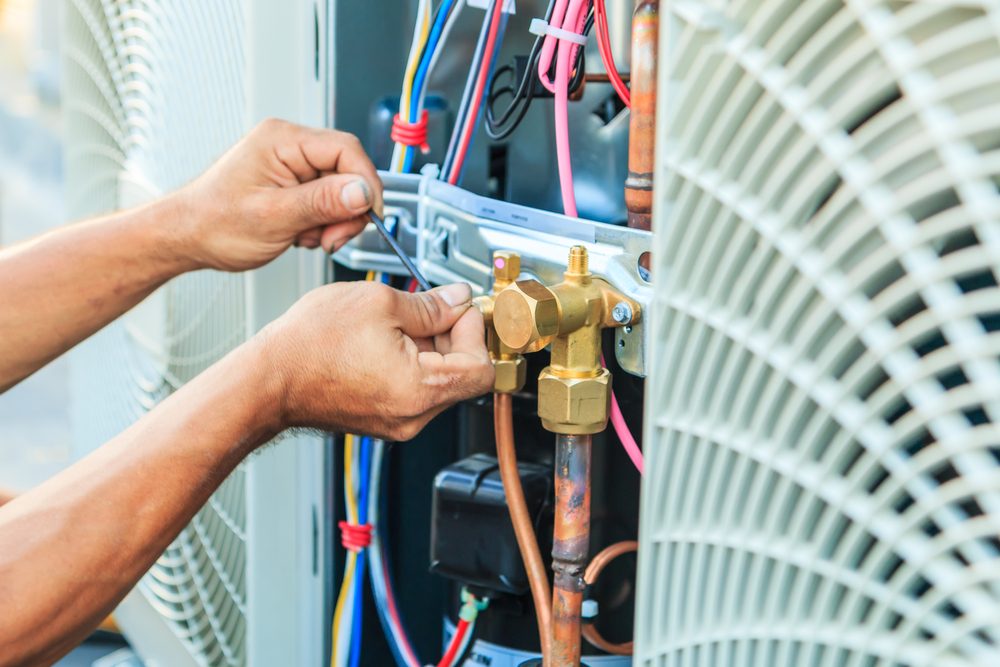When the seasons change, the demands on your HVAC system commonly known as HVAC. Understanding the ins and outs of your HVAC system maintaining maintaining comfort in your residence throughout the year. As you prepare for winter’s cold and the sweltering heat of summer, taking the time to prepare your HVAC system can help avoid expensive failures, boost energy efficiency, plus enhance indoor air quality.
This article provides key guides for periodic HVAC care to ensure the smooth operation of your system all year round. Covering common HVAC issues and smart tips for lowering energy bills, we will guide you through all the necessary information. Whether you are a novice or have some background in HVAC systems, our detailed advice is designed to help you enjoy a comfortable and healthy living environment.
Comprehending HVAC Systems
Heating, ventilation, and air conditioning, which stands for the regulation of temperature and air quality, is a vital component in modern residential buildings and structures that ensures comfort through temperature regulation and air quality control. At its heart, HVAC systems serve three main functions: heating, cooling, and ventilation. By controlling the indoor climate, they contribute to create a comfortable living environment no matter external weather conditions. A variety of systems combine these functions into one unit, whereas some systems might involve separate components for each function.
The heating component typically uses boilers or heat pumps to heat the indoor air during chilly months. Furnaces operate by generating heat through gas, oil, or electricity, while heat pumps transfer heat from the external environment to inside. In https://www.berkeys.com/fort-worth-air-conditioning/ , the cooling aspect primarily relies on air conditioning units that remove heat from the indoor air, using chilling agents to cool down and dry out the space efficiently. These systems work in conjunction with ventilation systems or fans to spread warmed or cooled air throughout the house.
Ventilation, the third necessary function of HVAC systems, consists of the exchange of indoor air with fresh outdoor air. This process is key for maintaining indoor air quality and eliminating pollutants, allergens, and moisture that can accumulate over time. Various forms of ventilation exist, including passive ventilation, forced ventilation, and equilibrated air flow systems. Together, these aspects and functions work to create a safe and comfortable indoor environment appropriate for all occupants.
Heating, Ventilation, and Air Conditioning Care and Effectiveness
Routine maintenance of your HVAC system is crucial for guaranteeing optimal functionality and effectiveness. A properly serviced system functions more efficiently, which can result in reduced energy bills and improved comfort levels in your home. Fundamental care tasks include changing air filters on a regular basis, checking for any leaks in ductwork, and making sure that the outdoor unit is free of debris. Scheduling annual professional inspections can also help identify potential issues before they turn into serious problems.

Another key aspect of HVAC performance is proper thermostat control. Setting your thermostat properly for each season can result in a significant difference in energy consumption. For the winter season, try lowering your thermostat a bit of degrees when you are away or asleep. In the summer, adjusting the temperature a bit when you are not home can lower cooling costs. Additionally, employing programmable thermostats can enhance your HVAC system's functionality by dynamically adjusting settings based on your habits, thereby enhancing efficiency.
Indoor air quality is interconnected with HVAC efficiency. Regular maintenance practices can avoid dust, mold, and allergens from spreading in your home, which can compromise air quality and increase the workload on your HVAC system. Picking the right air filters and ensuring proper ventilation are essential for maintaining a healthy environment. This not only enhances your HVAC system’s performance but also adds to a more enjoyable and better living space.
Seasonal HVAC Preparations
Getting ready your HVAC system for the transitioning seasons is crucial to secure peak performance and efficiency. For the cold season, it’s vital to check the warmth components, including the heater and temperature control settings. Make sure to replace air filters to enhance airflow and maintain indoor air quality. Checking ductwork for leaks and sealing any gaps can avoid heat loss, helping to keep your home warm without overburdening your system.
As the warm months approaches, it's essential to prepare your cooling system for the high temperatures. Start by cleaning the outdoor unit of your air conditioner, removing debris and foliage that could block airflow. Verify the refrigerant levels, and ensure that all connections are tight. Adjusting the thermostat to a raised temperature while you're away can also assist lower energy bills, allowing your HVAC system to run more efficiently.
In the seasons, arranging a professional tune-up can provide extra peace of mind. Technicians can detect and rectify potential issues before they transform into significant problems, thus extending the life of your HVAC system. Regular maintenance is essential to promoting efficiency in energy use, enhancing indoor comfort, and avoiding costly repairs later on. By adhering to these seasonal preparations, you ensure that your home remains pleasant all year long.
